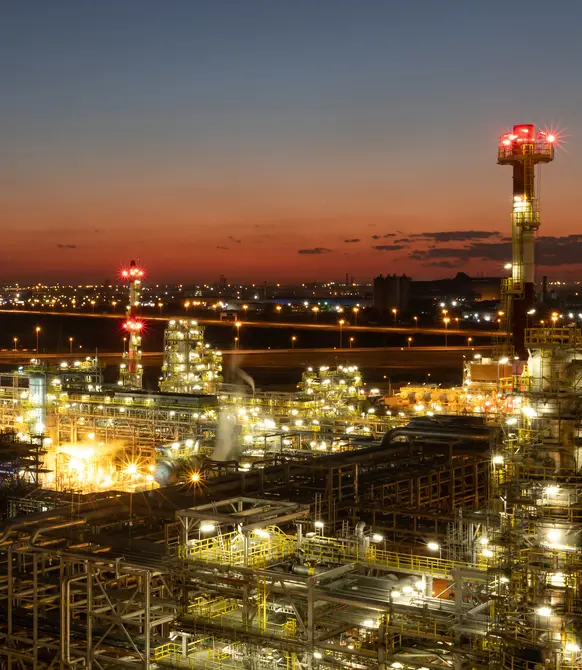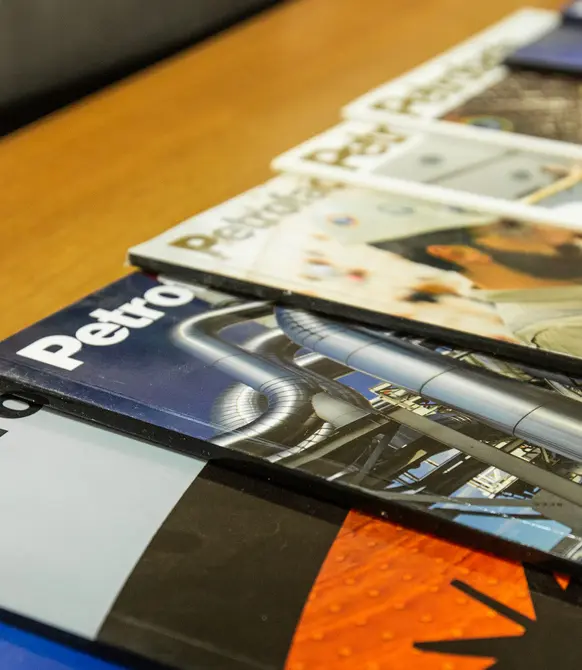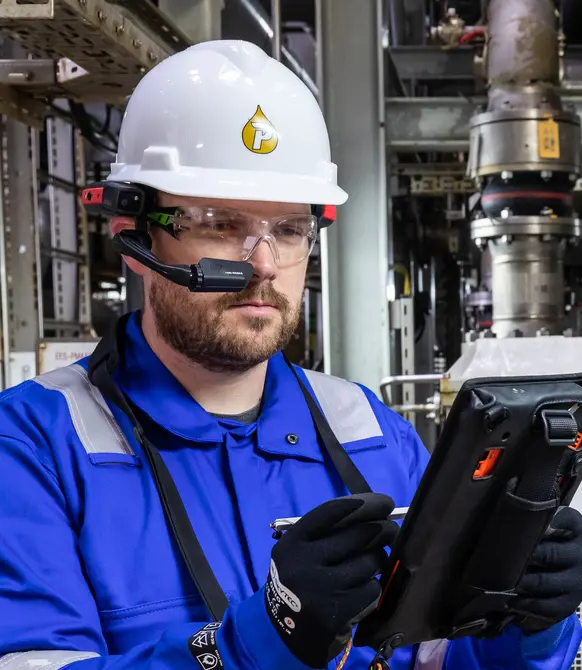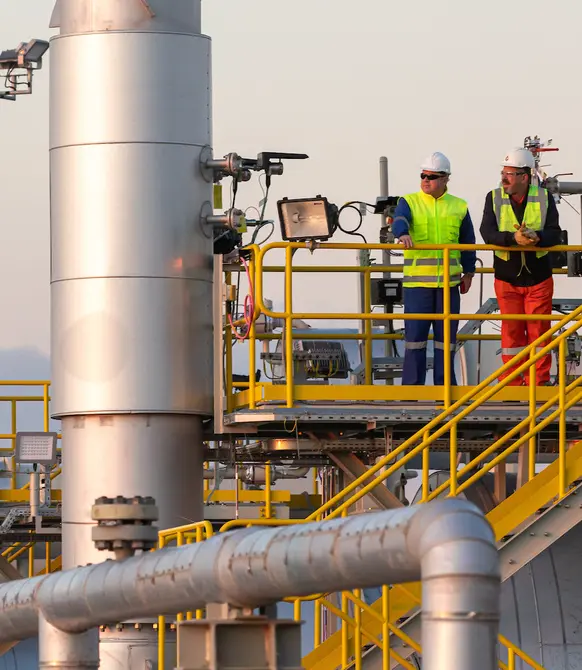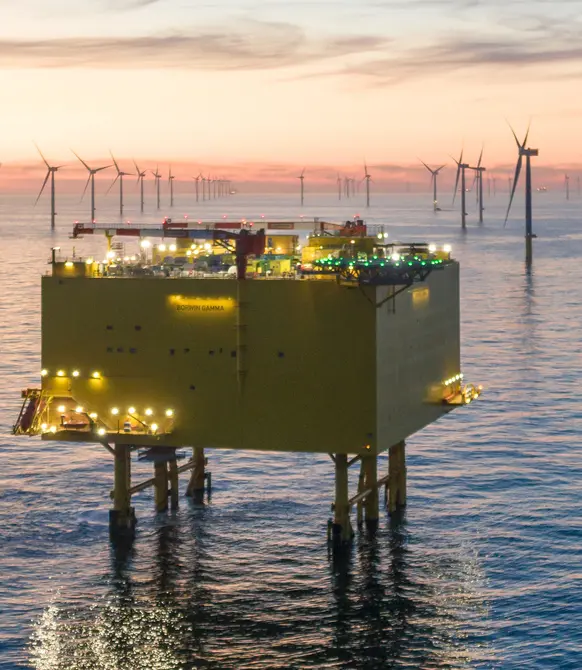04 May 2018
Petrofac shares its training expertise at Lebanese Oil and Gas Summit
The international oil and gas business and investor community has expressed interest in developing oil and gas infrastructure in Lebanon. Following the conclusion of the country’s first Offshore Licensing Round, business leaders from across the globe came together last week to combine government insight with that of international Operators and service providers, at Lebanon’s fourth International Oil and Gas Summit in Beirut.
As delegates discussed commercial opportunities; ensuring the Lebanese people directly benefit from the country’s Oil and Gas resources through job creation and national workforce development, was another key consideration.
Karim Osseiran, Global Head of Petrofac’s Training Services business, took to the stage to share Petrofac’s experience, in a session dedicated to the topic:
“It is well known that Lebanon’s existing education system produces no shortage of qualified professionals and specialists”, explained Karim. “But the anticipated future make-up of the global oil and gas industry depicts a growing requirement for engineering, construction, operations and maintenance technicians.
“Historically, this has not been the type of professional that Lebanon has primarily focused on. So the question that we should be asking ourselves is: how can we make sure the specific technical and regulatory skills required to support an offshore oil and gas industry are available within the Lebanese workforce as soon as possible?
“Engineering, construction, operations and maintenance technicians, first-line supervisors, maintenance and repair technicians require technical vocational training.”
Governments and National Oil Companies across the world are already working to develop competent national workforces and drive In-Country value. Karim shared with delegates Petrofac’s experience of large scale technical nationalisation training programmes in the Middle East, Africa and Asia.
From traditional industry standard course delivery and development, which can take between seven and eight years – to fast-track technical training through the creation of dedicated training centres and real-life infrastructure. Karim outlined the benefit of creating “immersive training environments that provide a realistic, hands-on training, without the risk” to accelerate and assure competency in just two years.
“Our Joint Venture with Takatuf Oman is a good example of this. In 2014 we set out to build and establish a state-of-the-art training centre in Muscat. Similarly, our work with the Singapore government on the Petrofac operated Chemical Processing Training Centre, and in Malaysia where we engineered, fabricated and constructed training plants that replicated offshore production platforms, attest that the development of dedicated training infrastructure is key to workforce development.
“While in many ways the circumstances of these countries may differ to Lebanon’s, their drivers are aligned. Each is focused on the principle of creating job opportunities to drive In-Country Value. In each of these areas we’ve collaborated with industry and academia to create dedicated systems for technical and vocational training that match the future requirements of skilled talented professionals. This feeds the industry’s forecasted growth, reducing its reliance on expatriates. These are the kind of learnings Lebanon can harness in pursuit of its own workforce development”
According to Karim, successful workforce development requires more than just technical competence, however. He outlined the need to focus on the creation of a workforce that holds safety at the core of its DNA and he used Petrofac’s long training heritage in the UK, to demonstrate this point.
“History has taught us that the provision of safe equipment, systems and procedures is insufficient if the culture does not actively promote safe working. It is behaviours that turn systems and procedures into reality. What people actually do is influenced by their beliefs, values and attitudes towards safety.
“In mature basins such as the UKCS, training has gone beyond being something people feel they ‘have to do’ from a compliance perspective. We’ve had letters from delegates who survived offshore incidents and attested that their training had helped them react calmly, and contributed to the fact they survived.
“Learning drives the development of a strong culture. Realism is key, and practical training enhances realism. People experience the situation through simulation and learn how to deal with it more effectively, and in turn, feel more prepared.”


